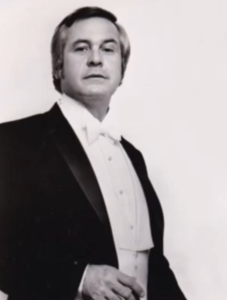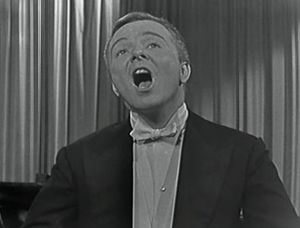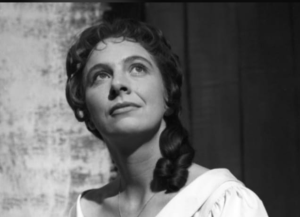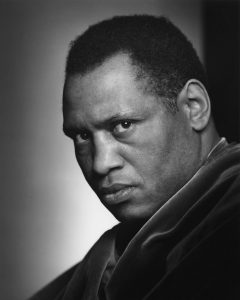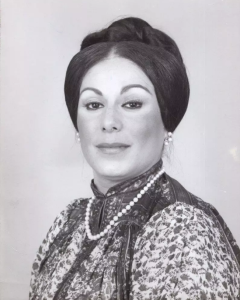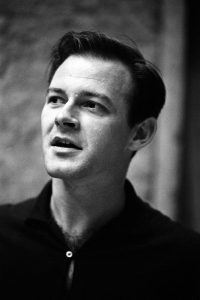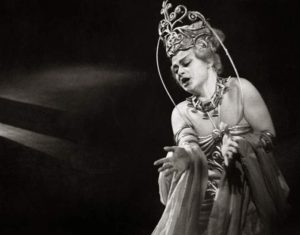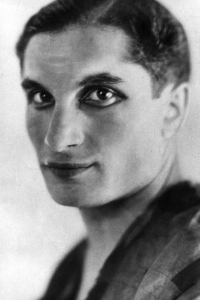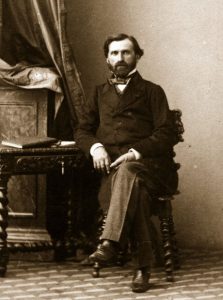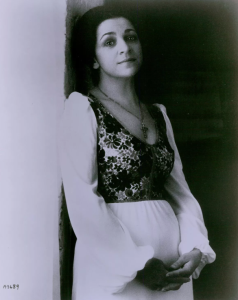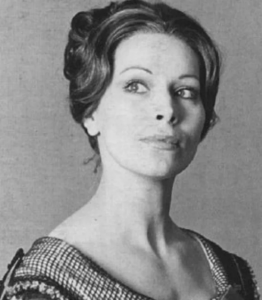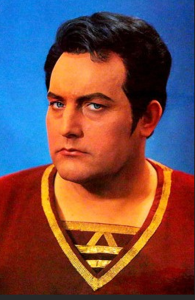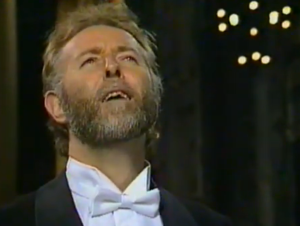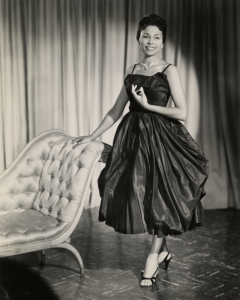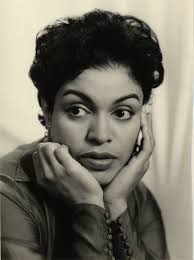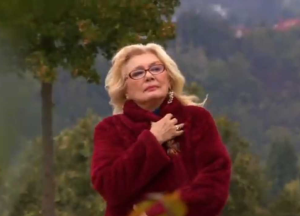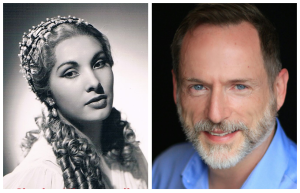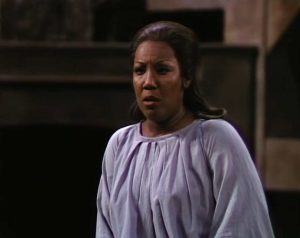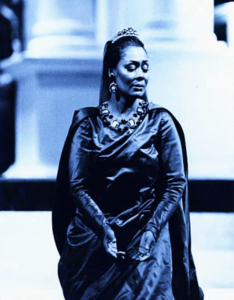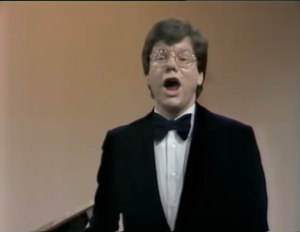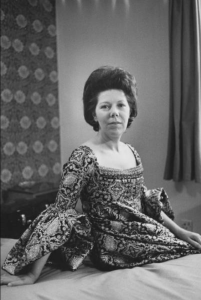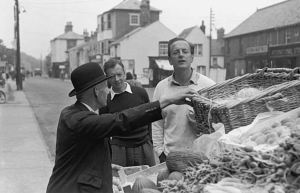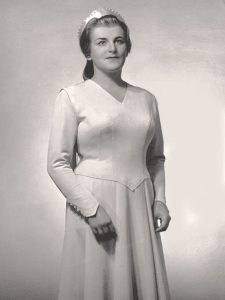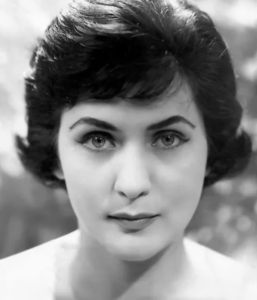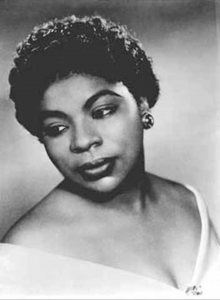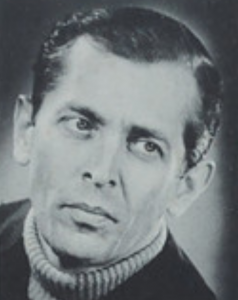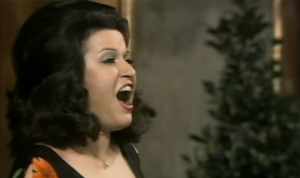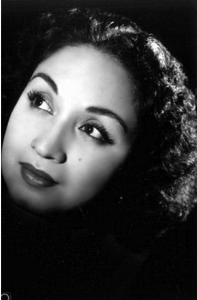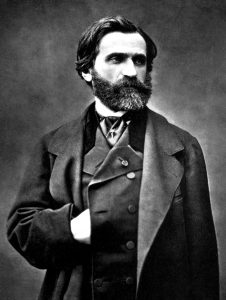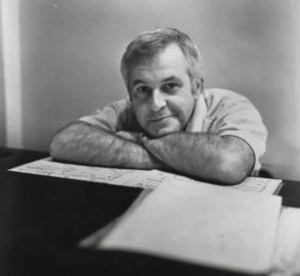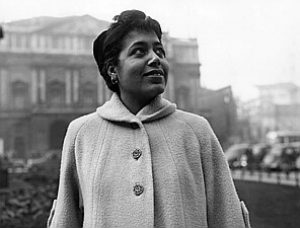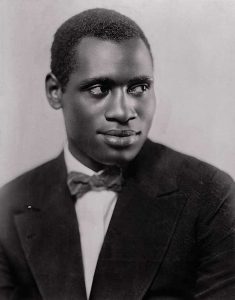Podcast: Play in new window | Download (Duration: 1:32:09 — 105.1MB) | Embed
Subscribe: Spotify | TuneIn | RSS | More
I’m going all out (literally) for this year’s Pride celebrations, especially because the haters are out there in such force. Today I pay tribute to my fellow Milwaukeean, the marvelous bass-baritone Donald Gramm (1927-1983), one of the central house singers at both the Metropolitan Opera and New York City Opera from the 1960s through his premature death at the age of 56. Gifted with an intrinsically beautiful voice, an impeccable technique and an expansive range, he also was a crackerjack musician whose repertoire easily encompassed musical styles from florid Baroque music through the thorniest contemporary idioms. He is probably best celebrated these days for his commitment to American art song. This episode focuses on both his intrepid and thoughtful programming of such songs, as well as a cross-section of his achievements on the operatic stage. Though Gramm may not have been “out” by today’s standards, he lived his life unapologetically and is still remembered today for his exacting yet bountiful musicianship and voice. It’s a treat to revisit his legacy today.
Countermelody is a podcast devoted to the glory and the power of the human voice raised in song. Singer and vocal aficionado Daniel Gundlach explores great singers of the past and present focusing in particular on those who are less well-remembered today than they should be. Daniel’s lifetime in music as a professional countertenor, pianist, vocal coach, voice teacher, and journalist yields an exciting array of anecdotes, impressions, and “inside stories.” At Countermelody’s core is the celebration of great singers of all stripes, their instruments, and the connection they make to the words they sing. By clicking on the following link (https://linktr.ee/CountermelodyPodcast) you can find the dedicated Countermelody website which contains additional content including artist photos and episode setlists. The link will also take you to Countermelody’s Patreon page, where you can pledge your monthly or yearly support at whatever level you can afford.
